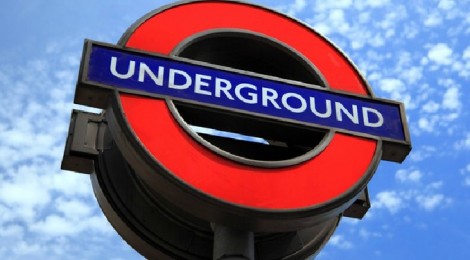
American English, British English
written by Lilian Ndongmo. ESL Teacher
English is English, right?
If your answer is “Yes”, then why do we call some American English, others British English, and then more: Canadian English, Australian English?
Simple answer. The difference lies in style of usage. You see, there are differences in the way some words are written, pronounced, and even in the meaning implied. Let’s look at some of these differences below:
Differences in Spelling
| American English | British English |
| 1. Word endings: -er Fiber Theater Center |
Word endings : -re Fibre Theatre Centre |
| -ize (-ization) Realize Organize Recognize |
-ise (-isation Realise Organise Recognise |
| -yze Analyze Paralyze Catalyze |
-yse Analyse Paralyse Catalyse |
| Single consonants (l, p, s, t) Traveling / Traveler Canceled Quarreling |
Double consonants Travelling / Traveller Cancelled Quarrelling |
| Dropthe“e” Aging Routing Likable |
Retain the “e” Ageing Routeing Likeable |
| “e” Fetus Maneuver Encyclopedia |
“Ae” or “oe” Foetus Manoeuvre Encyclopaedia |
| Past tense verbs: -ed Dreamed Learned Spoiled |
-t Dreamt Learnt Spoilt |
| or Honor Labor Endeavor Color |
our Honour Labour Endeavour Colour |
| Others Program Catalog Ton Omelet |
Others Programme Catalogue Tonne Omelette |
Different spelling, different pronunciation
| Aluminum Jewelry Ass Airplane Oriented Specialty |
Aluminium Jewellery Arse Aeroplane Orientated Speciality |
Contracted words
British: (No periods) Dr, Mr, Mrs, Jr, Ave, St
American: (add periods) Dr., Mr., Mrs. Jr. Ave. St.